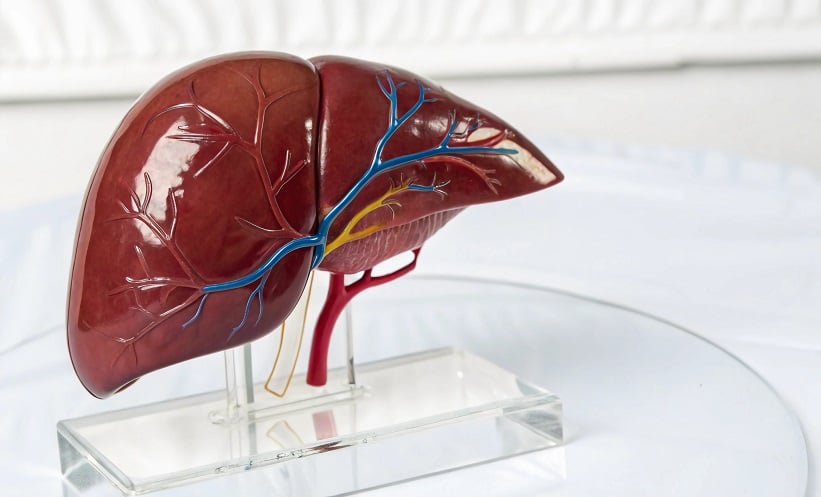SEMAGLUTIDE, a glucagon-like peptide-1 (GLP-1) receptor agonist, has shown promise in managing metabolic conditions and is now being explored as a treatment for metabolic dysfunction–associated steatohepatitis (MASH). MASH is a progressive liver disease characterised by inflammation and fibrosis and is closely linked to obesity and Type 2 diabetes. In a significant interim analysis from a large, phase 3 clinical trial, semaglutide demonstrated substantial histological improvements in patients with biopsy-confirmed MASH and moderate to advanced liver fibrosis.
The study is an ongoing, multicentre, randomised, double-blind, placebo-controlled trial involving 1197 participants with stage F2 or F3 fibrosis. Participants were randomly assigned in a 2:1 ratio to receive either 2.4 mg of semaglutide or placebo once weekly for a total of 240 weeks. This report presents data from a planned interim analysis at week 72, involving the first 800 participants. The primary outcomes assessed were resolution of steatohepatitis without worsening fibrosis, and fibrosis improvement without worsening steatohepatitis. Several secondary outcomes were also evaluated, including weight change and combined histological endpoints.
At 72 weeks, 62.9% of patients in the semaglutide group achieved resolution of steatohepatitis without worsening of fibrosis, compared to 34.3% in the placebo group (estimated difference: 28.%; 95% CI: 21.1–36.2; p<0.001). Improvement in fibrosis without worsening steatohepatitis was observed in 36.8% of semaglutide recipients versus 22.4% of those receiving placebo (difference: 14.4%; 95% CI: 7.5–21.3; p<0.001). Combined resolution of MASH and fibrosis improvement occurred in 32.7% of the semaglutide group, versus 16.1% of the placebo group (difference: 16.5%; 95% CI: 10.2–22.8; p<0.001). Notably, patients on semaglutide lost an average of 10.5% of their body weight compared to 2.0% with placebo. Gastrointestinal side effects were more frequent with semaglutide.
These findings suggest semaglutide may represent a promising treatment option for patients with MASH and fibrosis. However, longer-term data are required to confirm durability of effect, impact on clinical outcomes, and safety over time. For clinicians, this interim analysis highlights the potential of semaglutide not only to improve liver histology but also to support weight loss in this high-risk population.
Reference
Sanyal AJ et al. Phase 3 Trial of Semaglutide in Metabolic Dysfunction–Associated Steatohepatitis. N Engl J Med. 2025;DOI: 10.1056/NEJMoa2413258.








